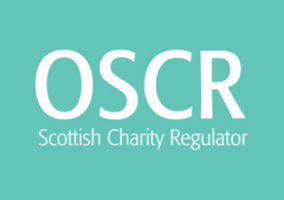The Scottish charity regulator has said it is “increasingly concerned about dominant behaviour in charities”.
In a report published today, OSCR said that charity staff, trustees and members of the public are raising more concerns about a person or small group excluding other charity board members from decision-making.
It warned that such behaviour can result in beneficiaries, staff and funders losing confidence in a charity.
The regulator said that charity founders can dominate other trustees, who may be friends they invited to join the board, because “they believe they know best” and “act as though it is their personal vision or aim”.
It said a long-time trustee or employee might take advantage of their colleagues’ trust in them to “make decisions that they do not have the authority to make alone”.
Trustees reminded of legal duties
OSCR also said that sometimes other trustees may be content for a colleague to dominate the charity’s governance “as it means they have less to do in their role”.
However, it warned that allowing someone to dominate the governance of a charity may mean the trustees are failing to meet their legal duty to act in the interests of the charity.
“It is quite common to see issues arising when a founder of a charity remains as a charity trustee for a long time,” the report says.
“Often this is because their views and opinions are considered to have more legitimacy or weight compared to the views of others on the board.
“The founding trustee may actively portray that as being the case or it may simply be the pattern that the charity trustees fall into as a matter of default.
“Either way it means that all those charity trustees are failing to act in the interests of the charity by behaving in that way – either by being dominant or allowing it to prevail unchecked.”
Challenging dominant behaviour
OSCR advised trustees to challenge the behaviour of a dominant member of the board, be clear that it must stop and be prepared to take formal action if it does not.
When an employee is being dominant, the regulator also urged trustees to discuss the behaviour with them but to offer support before considering formal procedures.
“It can be helpful to consider the reason why the dominant person is behaving in that way as this can help trustees to deal with the issue in a focused way and to manage the risks arising from the behaviour,” the report says.
Related articles










